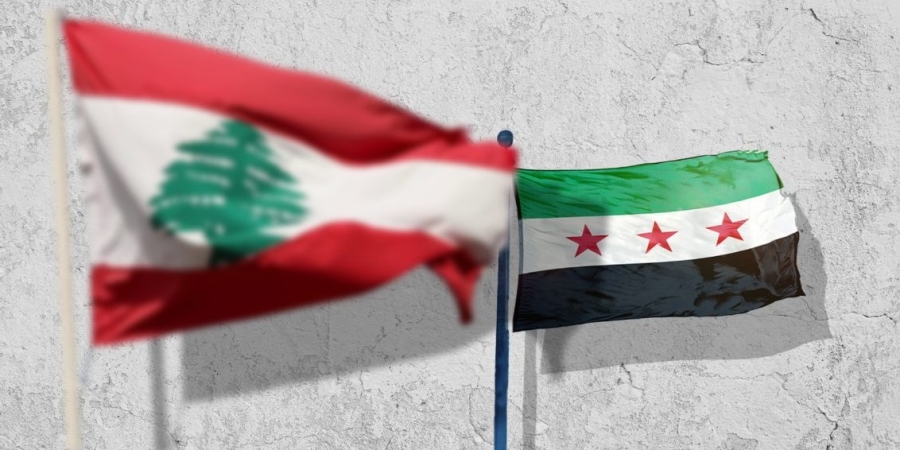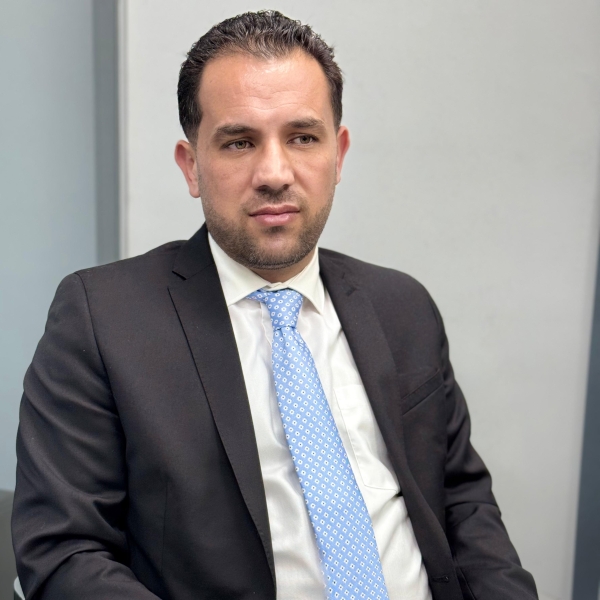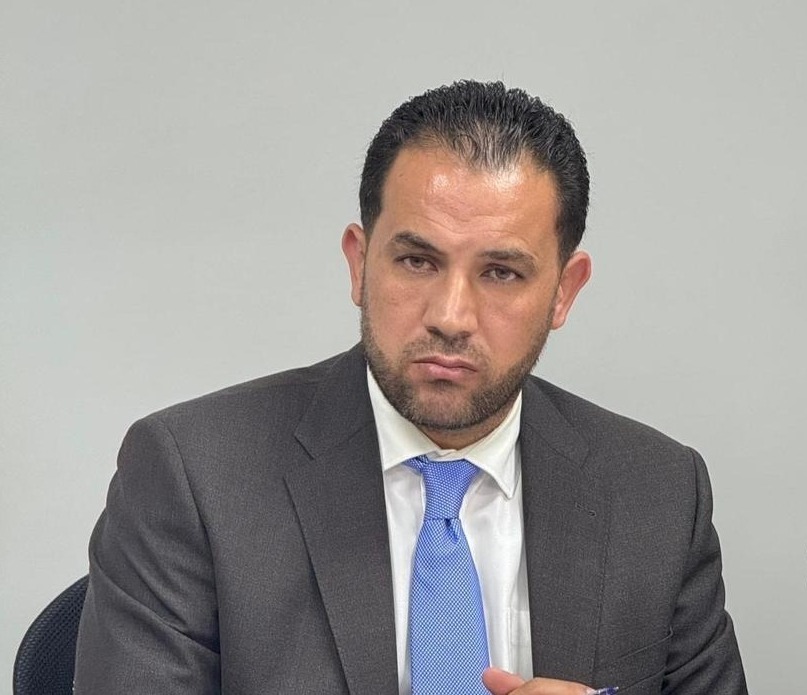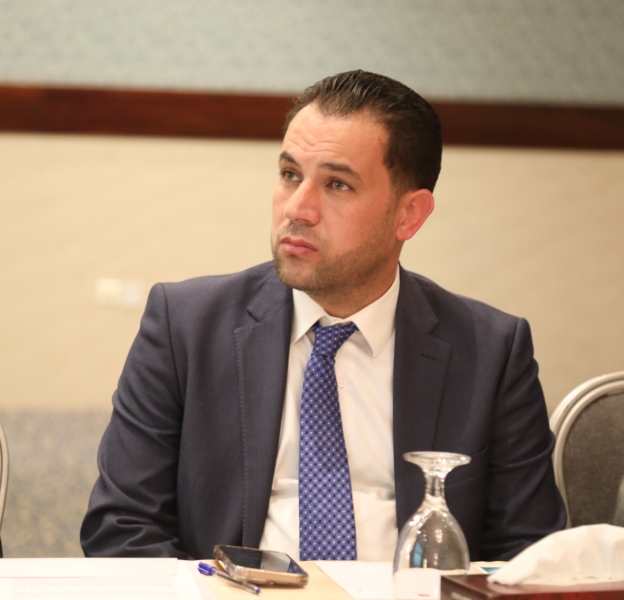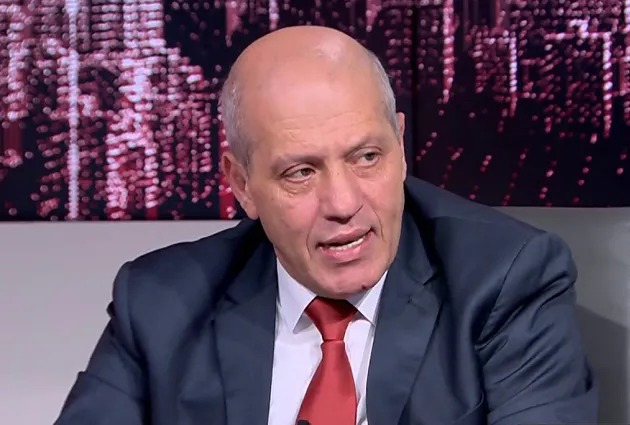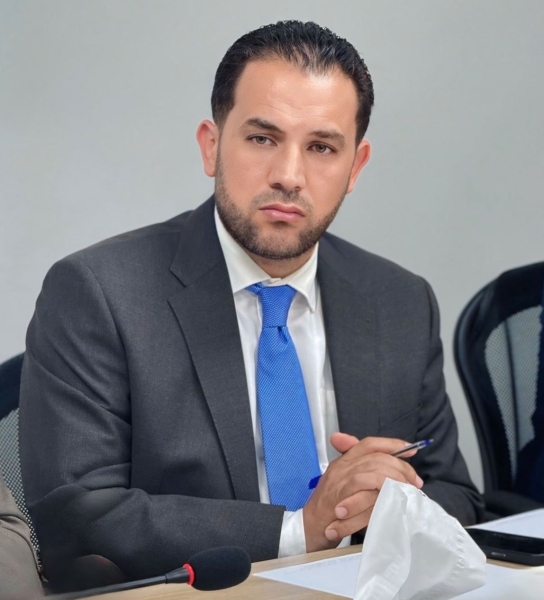The Aqaba meetings are the starting point towards a unified position
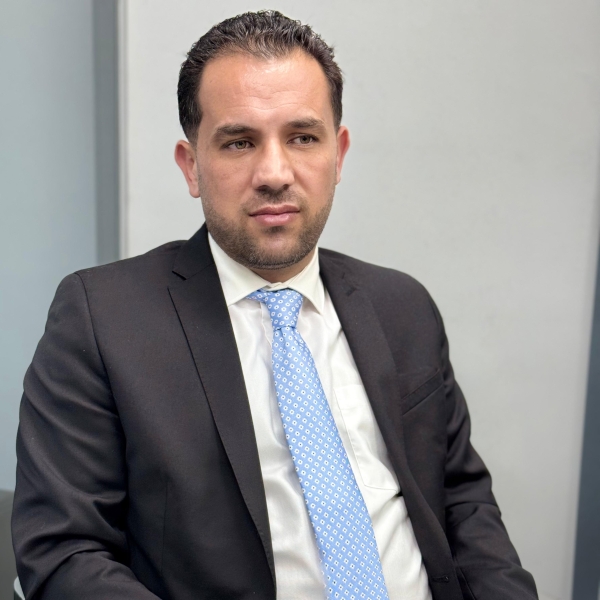
Talal Ghoneimat: The meetings held in Aqaba, attended by His Majesty King Abdullah II, represent a pivotal turning point in addressing the Syrian issue at the Arab level. Their exceptional importance stems from the fact that they bring together almost all key players, including the Arab committee tasked with following up on this vital file, which comprises the most influential states in the regional landscape. This precise timing, coupled with the escalating events in Syria, makes the Aqaba meeting a crucial platform for establishing a unified Arab position on the developments in this complex issue. The participation of Gulf countries, neighboring states, and other influential powers adds significant political and diplomatic weight to these discussions, enhancing the prospects for reshaping approaches to the Syrian crisis.
The importance of these meetings goes beyond the Arab dimension, as the international dimension is underscored by the participation of the United States, a key partner in shaping the region’s balance of power. Additionally, stability in Syria is a cornerstone for the stability of the entire region. Addressing this crisis comprehensively prevents Syria from becoming a perpetual threat to the region and mitigates catastrophic repercussions that could affect everyone without exception.
These meetings, with their Arab and international dimensions, chart a new phase in diplomatic efforts and lay the groundwork for potentially decisive steps in reshaping Syria’s future and the broader region. Moreover, the second component of these discussions involves Turkey's participation, which is a crucial factor in determining their outcomes. Turkey’s central role, particularly in dealing directly with Hay’at Tahrir al-Sham and its leader Abu Mohammad al-Jolani, allows it to hear the unified Arab bloc’s positions and understand its orientations. Additionally, Turkey gains insight into the U.S. vision for the Syrian crisis. The meetings are likely to result in significant outcomes, starting with the unification of the Arab stance reflecting a comprehensive vision for resolving the Syrian crisis. Key focuses include preserving Syria’s territorial integrity, ensuring its stability and security, and moving toward a fair transitional phase that meets the aspirations of the Syrian people.
The third aspect of these meetings is tied to the presence of the UN Special Envoy for Syria, which brings a significant international dimension to the discussions. This presence highlights a renewed focus on the necessity of implementing UN resolutions related to the Syrian crisis, reflecting a global commitment to addressing the root causes of the conflict and reshaping the Syrian landscape in line with regional and international agreements. Consequently, these meetings are expected to outline the contours of a transitional phase built on foundations that respect Jordanian and Arab perspectives, alongside Turkey’s vision.
The timing of these meetings holds particular importance as they occur amidst complex regional transformations. This opens the door to potential linkages between developments in Syria and the ongoing situation in Gaza. This new equation could lead to discussions on Israeli incursions into Syrian territories as part of the negotiations, reflecting the stakeholders' recognition of the interconnected nature of the region's crises. It is essential to envision a future Syria that embraces all segments of society, safeguards the rights of minorities, upholds women’s rights and freedom of expression, and sets clear boundaries for all parties in the new Syria.
The Aqaba meetings in Jordan, attended by all stakeholders, underscore Jordan’s pivotal role as a neighboring country with the longest shared border with Syria (375 km). This highlights Jordan's indispensable position and the necessity for all parties to acknowledge its importance.

